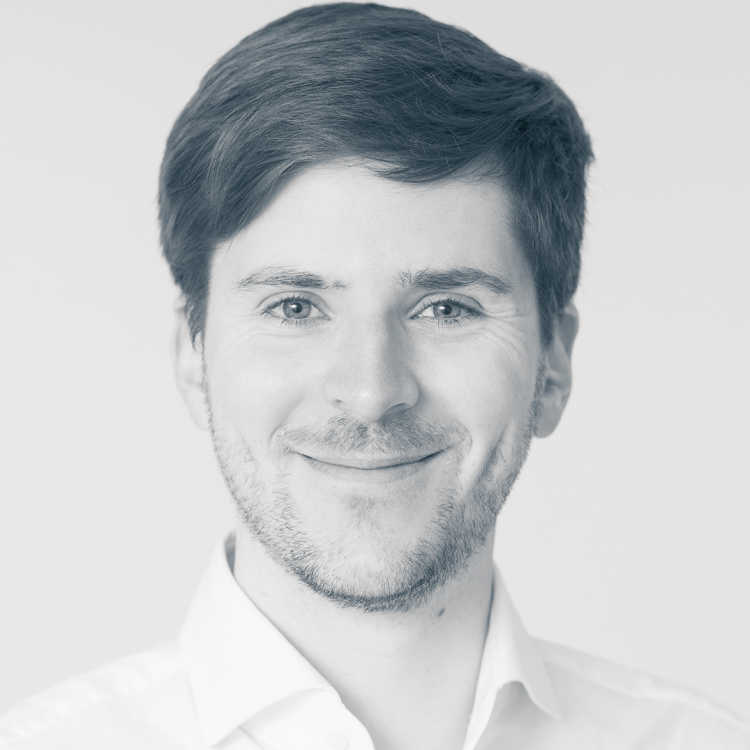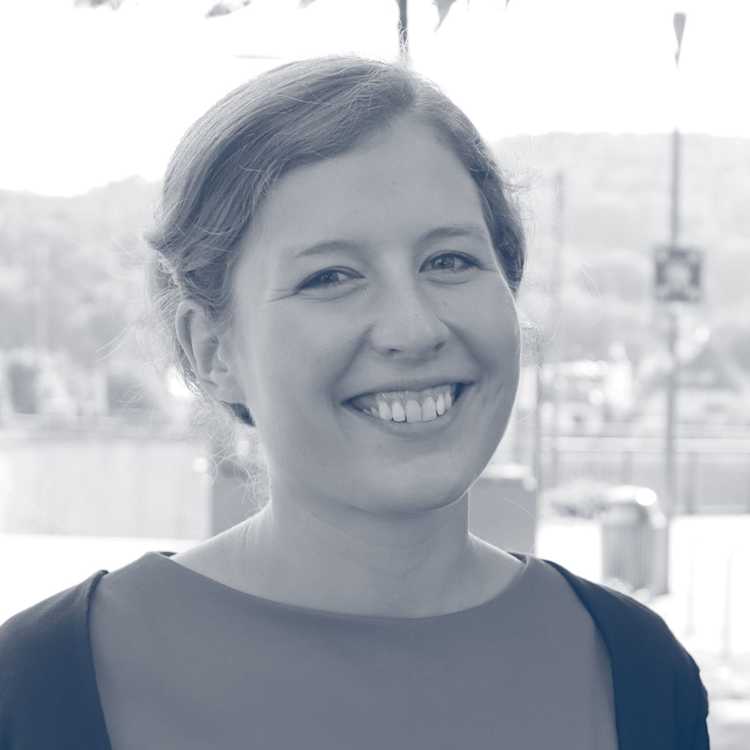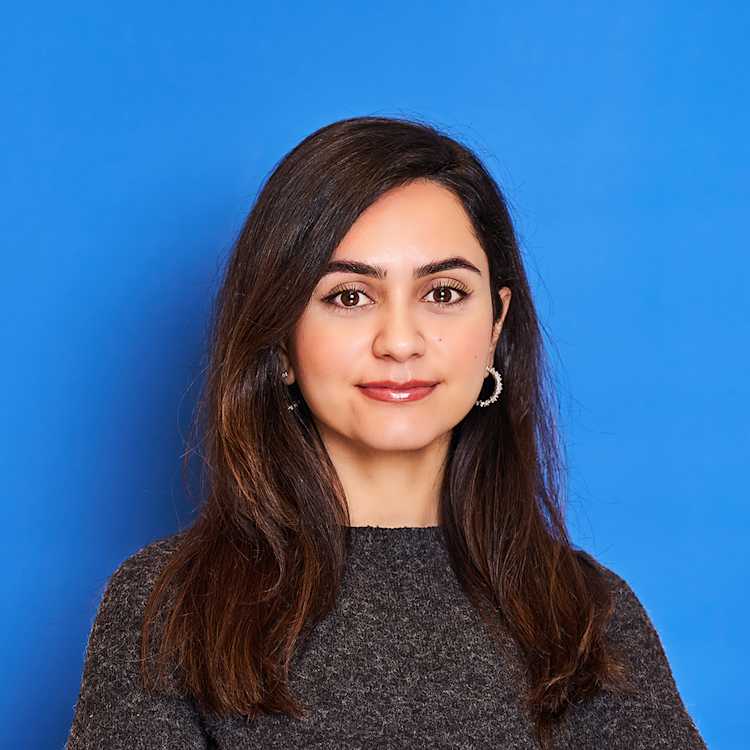Spotlight on...
"Spotlight on…" Askan, Julia and Diba
We welcome three new Doctoral Researchers. Learn more about Askan, Julia and Diba and their research projects in the interviews.
Askan Weidemann
Askan joined the Doctoral Programme in October 2021. His dissertation is titled “Towards a Digital Mass Line: ICT Enact-ment in the Chinese Petitioning System”. He holds a Master in Contemporary Chinese Studies that he obtained at University of Oxford. Get to know Askan and his dissertation project in the interview below:
How would you explain your research topic to your grandmother?
As you know, China is now one of the most advanced countries when it comes to the de-velopment of modern technologies. Even when it comes to e-government and e-participation, for example offering digital public services and online platforms where citizens can submit their opinions and complaints to the government, China is now more advanced than most Euro-pean countries. However, as China is not a democracy, the way e-government is designed and used in China differs from the way e-government is designed and used in demo-cratic countries. In my PhD research, I, there-fore, want to find out how e-government de-velopment in China is shaped by different political factors, such as party ideology but also how digitalization leads to changes in the politi-cal system. To do so, I focus on the case of the Chinese petitioning system, which is a tradi-tional channel via which citizens in China can submit complaints and grievances to the government.
What is your main motivation to address the topic of your PhD?
I believe that there is still too little understanding of the evolving role of information and commu-nication technology (ICT) adoption in authoritar-ian regimes, particularly in the People’s Republic of China (PRC). Many studies still simplistically portray the employment of digital technologies by the Chinese government as an Orwellian dystopia of surveillance, censorship, and control, often ignoring the more mundane day-to-day functions of e-government and e-participation in the PRC. I think that it is impor-tant to study how e-government in China is being developed and discursively legitimated, not only to better understand how ICT is used in different political contexts but also to derive lessons for what European countries like Ger-many potentially should or should not learn from China.
What are you looking most forward to during your PhD studies?
I look forward to the moment that I can move beyond my literature review and delve into data collection and analysis. Simultaneously, I am looking forward to getting regularly distracted from my PhD by coffee chats, discussions and social events with other doctoral researchers and friends to stay sane and motivated for the next few years at GIGA.
And now to wrap this interview up: Qualitative or quantitative methods?
Qualitative. In my opinion, the most interesting research problems emerge when zooming in on the nuances of a case in its specific context and I believe that assumptions and theories can best be challenged and advanced when taking into account these nuances.
Paperback book or eBook?
eBook! While I do enjoy reading paper copies from time to time, I am extremely grateful for the benefits that eBooks bring to research, in-cluding immediate text and dictionary searches and the possibility to carry around an entire library on a USB stick.
Julia Köbrich
Julia joined the GIGA in November 2020 working in the project “Religion for Peace: Identifying Conditions and Mechanisms of Interfaith Peace” and has recently started with her dissertation project on how to foster interreligious peace. Julia holds a Master in Peace and Conflict Studies from Uppsala University and has previously worked as a research assistant at the Department of Peace and Conflict Research at the same university. Get to know Julia and her dissertation project in the short interview below:
What is your main motivation to address the topic of your PhD?
Many communal peacebuilding initiatives build on the idea that bringing members of different sides to a conflict in contact can serve to ameliorate intergroup relations. Research on the so-called ‘contact hypothesis’ has produced evidence for the peacebuilding potential but also for limitations of various types of contact. A major challenge of putting the ‘contact hypothesis’ into practice remains that we lack knowledge on how to foster contact that ameliorates intergroup relations and on how to reduce contact that aggravates intergroup relations. I am motivated to learn more about determinants of both positive and negative interreligious contact to generate knowledge that can inform peacebuilding practices on a communal level. I am particularly interested in religion as it holds the potential to cause frictions in societies and is implicated in an increasing number of conflicts worldwide.
How would you explain your research topic to your grandmother?
Interactions between people of different religions, also called interreligious contact, can serve to improve or worsen their relationship. Relationships between people adhering to different religions are important for coexistence in society. Because of this, I want to learn more about different types of interreligious contact and their consequences for society. Then, I want to explore what factors increase or decrease interreligious contact of various kinds. In the end, I want to share my knowledge with an organization working on interreligious relations to see if my research can be used to create new ideas for their work.
What are you looking most forward to during your PhD studies?
I look forward to doing interviews and survey research in Togo and Sierra Leone. It fascinates me when theoretical models and concepts become filled with live in the experience of people. Speaking with people and getting an insight into their thoughts is such a privilege. Learning how others see the world is what I enjoy most about doing research.
And now to wrap this interview up: Qualitative or quantitative methods?
Both. A mixed methods approach gives me different kinds of information and allows me to change my perspective on my topic.
Paperback book or eBook?
Paperback. It allows me to close the laptop and get away from a screen.
Diba Mirzaei
Diba joined the Doctoral Programme in October 2021. Her dissertation project ist titled ”Iran's Approach Towards Saudi Arabia under the Twin Pillar Policy 1971-1979 and Lessons to be Learned for a New Security Architecture in the Persian Gulf2”. Before starting her PhD, Diba obtained a M.A. in International Security and worked as a Project Manager at the German Federal Foreign Office. Get to know Diba and her dissertation project in the short interview below:
What made you choose to do a PhD?
Even as a kid I loved going to school and learning something new every day. This hasn’t changed, so I already knew during my bachelor’s that I – one day – would pursue a PhD. But I also knew that I didn’t want to start right after my master’s but that I would like to gain more work experience first.
Also, being the child to Iranian parents definitely added some pressure! So, at the end I probably didn’t have a choice anyway.
If you could choose one person to discuss your research topic with, who would that be (e.g. a well-known researcher, politician, other public figure)?
I would love to discuss my topic with former Iranian Foreign Minister Ardeshir Zahedi or former US Secretary of State Henry Kissinger – two very important figures in the 1970s. I have heard that Kissinger isn’t that nice in person though, so I might have to rethink my choice.
What would you like the impact of your project to be?
As cheesy as this might sound, but I would like to convince people, especially the ones in charge, that peace and stability in the Persian Gulf isn’t just a daydream, but achievable if we cooperate and put the well-being of the people we serve on top of our agenda.
And now to wrap this interview up: Qualitative or quantitative methods?
Qualitative, numbers have never really been my thing.
Paperback book or eBook?
Paperback, nothing beats the smell of a “fresh” book.


